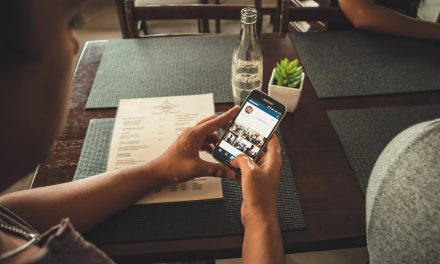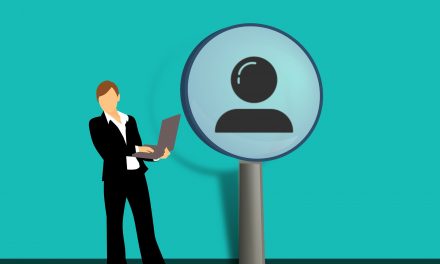Cybercrime is only getting worse. Every week there are revelations about hackers.
A published report in January 2020 indicated cybercrime cost victims an estimated $445 to 600 billion.
From both sides of the Atlantic Ocean, there have been examples of countless crimes for many years.
Countless consumers were affected when hackers invaded grocery chain Albertson’s in 2014. Authorities including the Secret Service investigated the hacking of retailer Target in 2013 — hackers stole credit and debit card data from 40 million customers.
In New York, six Estonians and one Russian were charged in November 2011 by authorities with cybercrimes on a massive scale.
Victims include the National Aeronautics and Space Administration, other government agencies, businesses and 500,000 people.
In the U.K., 13 people were sentenced to jail terms over their use of malware in banking fraud totaling 2.9 million British pounds, or $4.6 million. Hundreds of people were victimized.
So, these stories are another lesson to take cybercrime seriously.
For best practices in thwarting cybercriminals, I always turn to nationally recognized security expert, Stan Stahl, Ph.D., of Citadel Information Group in Los Angeles.
His tips:
1. Keep systems patched with the latest updates.
2. Run up-to-date anti-virus anti-malware software – or what is even better, a strong intrusion detection and prevention solution.
3. Use strong passwords for access to sites with sensitive information. Password length is more important than randomness; size matters. ‘2HelloPepper#’ is a much stronger password than “Ab$%16vF” plus it’s a lot easier to remember.
“Be extremely sensitive to social engineering attacks,” Dr. Stahl adds. “Don’t open email attachments or click on links in emails unless the email is from someone you know and is expected.”
Indeed, we see proof of his admonition in news headlines almost daily, which has prompted countless Biz Coach articles about cyber attacks with tips for Internet security.
WIFI warning
The most-read Biz Coach article of all time quoted Dr. Stahl about using Starbucks’ WIFI.
Don’t forget about healthcare. It’s vital to understand why many healthcare workers are responsible for an alarming trend: Medical ID theft.
From the Coach’s Corner, here are more security strategies:
Security Precautions to Take Following Citibank’s Second Reported Online Breach — Citibank’s admission that private information of 360,083 North American Citigroup credit card accounts was stolen by hackers in 2011, which affected 210,000 customers, serves as a warning for all businesses and consumers to take precautionary steps. The bank’s May 2011 security breach wasn’t reported until weeks later. Originally, Citibank said 200,000 accounts were affected.
Lesson about Passwords after Theft of 16,000+ UCLA Patient Records — Unfortunately, we’ve learned another lesson about passwords at the expense of 16,288 patients who’ve been treated at UCLA’s network of hospitals and clinics. The patients’ sensitive information are in the wrong hands following a burglary of a doctor. The information was on the computer hard drive stolen from a doctor’s home, according to an article in the The New York Times (UCLA Health System Warns About Stolen Records). Medical records of the patients included addresses, birth dates and medical information covering July 2007 to July 2011.
Security — Cyber Criminals Chew up Apple Products, too — For years in terms of security, Windows has been considered inferior to Macs. But no longer thanks to malware security epidemics. If you’ve got an iPhone, get busy. Apple continues to have bugs and security issues. Apple was forced to release an update just a few days after the rollout of its iOS 8 in late Sept. 2014.
“Passwords are like underwear: you don’t let people see it, you should change it very often, and you shouldn’t share it with strangers.”
-Chris Pirillo
__________






